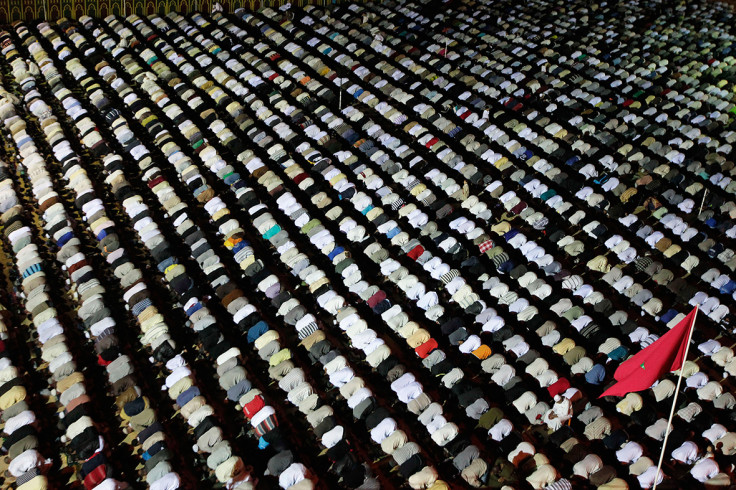London: Abbey Mills mega-mosque plans blocked by government

The government has reportedly blocked plans to build a "mega-mosque" near the Olympic Park in east London, ending a lengthy battle with an Islamic group with alleged links to fundamentalism. The plans by the Tablighi Jamaat religious movement would have created a huge mosque with the capacity to accommodate nearly 10,000 worshippers in an area three times the floorspace of St Paul's Cathedral.
The scheme, also known as the Abbey Mills Mosque or London Markaz, was rejected by Newhan council in December 2012, after councillors said the proposed mosque was too large, would generate too much traffic, and was designed and planned poorly. The group appealed the decision, which was subjected to a three-week public inquiry in 2014.
The results have not yet been revealed, but according to a report published in the Telegraph on Sunday (25 October), Communities Secretary Greg Clark has made a final decision to block the scheme and is expected to make a public announcement soon. "This proposal has created a great deal of division in Newham," an insider told the newspaper. "That would get a lot worse if the thing was built."
Alan Craig, a former Newham councillor who spearheaded the campaign against the mosque, said: "This is fantastic news. For a decade and a half, Tablighi Jamaat has pulled out every stop to get its way, but at last the spectre is over."
Tablighi Jamaat, which was established in India in the 1920s, describes itself as a non-political, pro-democracy group and rejects any links to terrorism. Many experts say the movement, which has a very loose organisational structure, is peaceful and non-radical. However some, including members of the FBI, have said the group was used for recruiting by extremist organisations in the past.
The group purchased the site in 1996 and established a temporary mosque for 2,500 worshippers. It had planned to build a new mosque on the site for 40,000 worshippers, but had to drastically reduce this number following protests. Environmental concerns were also a factor in approving the plans, as the land upon which the Abbey Mills Mosque would be built has a medium-to-high risk of contamination. The site was used as a chemical works for at least 100 years until it was decommissioned in the late 1980s.
© Copyright IBTimes 2025. All rights reserved.





















